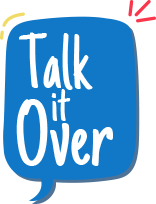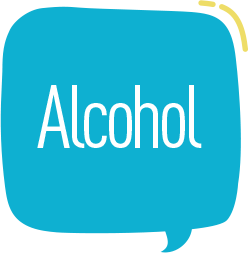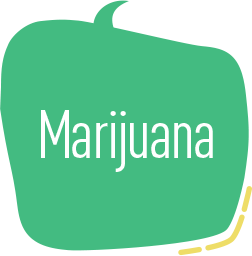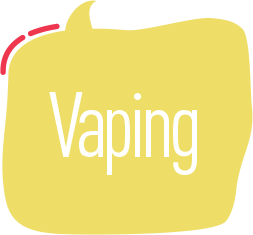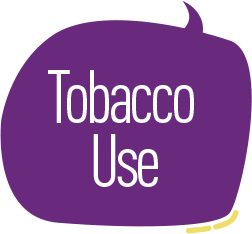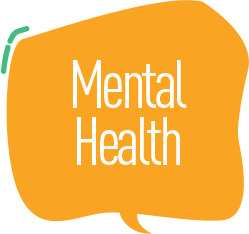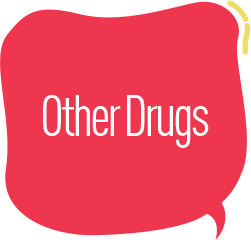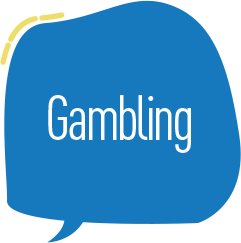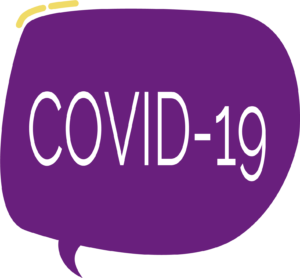Let’s talk about prescription drug abuse
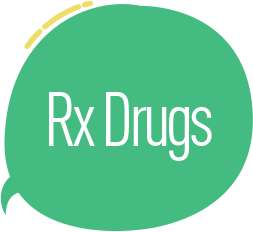
Some of the most harmful drugs for your child aren’t found out on the streets – they’re found inside the medicine cabinet of your own home. This may come as a surprise because prescription drugs can be very beneficial under the direction of a doctor and used as intended. However, when abused, they can also lead to dependence, overdose, and even death.
As a parent, it’s never too early to talk with your child about the risks of taking someone else’s prescription medication or misusing their own. Youth need to understand that even medicines given to them by a doctor can be very powerful and dangerous if not used properly.
What parents need to know
The are many common prescription medications that are misused by taking the substance in a way or dose other than prescribed, taking someone else’s medicine, or taking medicine to get high.
Prescription stimulants:
- Medications such as Adderall, Dexedrine, and Ritalin are often used to treat attention-deficit hyperactivity disorder (ADHD) and narcolepsy
- At high doses, prescription stimulants can lead to a dangerously high body temperature, irregular heartbeat, heart failure, and seizures
- Repeated misuse of prescription stimulants, even within a short period of time, can cause psychosis, anger, or paranoia
- Overdose of prescription stimulants result in a potentially life-threatening reaction or death, with symptoms including restlessness, tremors, overactive reflexes, rapid breathing, confusion, aggression, hallucinations, panic states, abnormally increased fever, and muscle pains and weakness
Prescription depressants:
- Can include benzodiazepines (Valium, Klonopin, Xanax, etc.) and barbiturates (Nembutal, Luminal, etc.) used to treat anxiety, panic, and sleep disorders
- People who start taking central nervous system (CNS) depressants usually feel sleepy and uncoordinated for the first few days until the body adjusts to these side effects
- Other effects from use and misuse can include slurred speech, poor concentration, confusion, headache, light-headedness, dizziness, dry mouth, problems with movement and memory, lowered blood pressure, and more
- Overdose of prescription depressants result in a potentially life-threatening reaction or death when breathing is slowed or stopped
- If an overdose of depressants occurs, medical personnel can administer Flumazenil (Romazicon®), a medication that can treat benzodiazepine overdose and has also been shown effective in treating overdose from sleep medicines.
What the law says
-
While many prescription medicines are legal when used exactly as prescribed by a doctor, their misuse or use by others without a prescription can be illegal. Depending on the substance and amount, misdemeanor or felony changes can range from possession to possession with intent to sell.
-
The NYS 911 Good Samaritan Law is a critical, life-saving law that allows people to call 911 without fear of arrest if they are having a drug or alcohol overdose that requires emergency medical care or if they witness someone overdosing.
Additional Resources
Starting the conversation
Look for teachable moments the give you the opportunity to talk about prescription drug use and abuse with your child. These moments can include trips to the pharmacy, doctors’ appointments, or seeing drug use on TV or in movies.
If you or another family member are prescribed medication for a health issue, make it very clear to your child that no one else is allowed to take this medicine. You should also secure the drug to limit access.
What to say
If you child asks, “Why are prescription drugs dangerous if the doctor gives them out?”
- Explain that certain medications can be highly addictive and can give you a lifelong chronic disease (substance use disorder)
- Only when prescribed by a doctor—and even then—prescription medicines can be risky and dangerous
- Warn them that abusing prescription drugs can lead to many bad health outcomes, including overdose, drug interactions, and even death
If your child asks about prescription medications in the house or taken by a friend.
- Remind your child that when prescribed by a doctor, medications are intended to treat a specific health issue for that person
- Without the doctor saying it’s OK, you don’t know how the same medication will affect you
- Any other use, including sharing of these drugs with others, would be misuse and dangerous
If your child asks if you ever took stimulants or depressants.
- Tell them that you only take prescription medications when prescribed and supervised by a doctor
- You can say, “When using them, I was very careful to follow my doctor’s instructions and to never mix them with alcohol or other depressants since that can stop your breathing.”
Your child tells you a friend asked him/her to take prescription drug.
- Tell your child to say, “No, I’m not interested.”
- Remind them that prescription stimulants or depressants are extremely addictive and can lead to overdose
If your child tell you that a friend uses ADHD medication while studying, and asks if they can take it, too.
- Explain to your child that the medicine should be prescribed by the doctor and is only meant for treating a diagnosable health issue
- Taking the same medication as your friend may not have the same effect on you, and can be very dangerous
- Tell them that scientific studies have shown that these type of drugs do not actually improve performance in school
